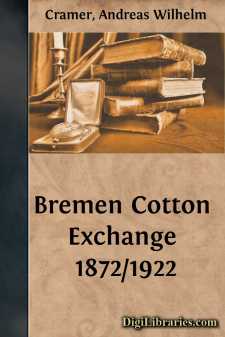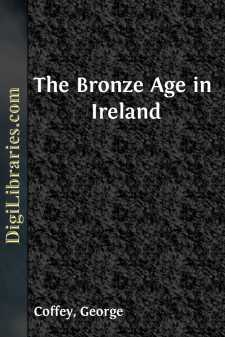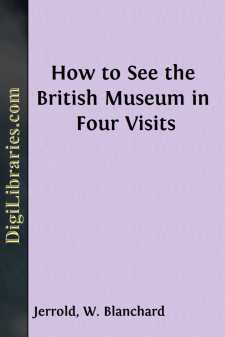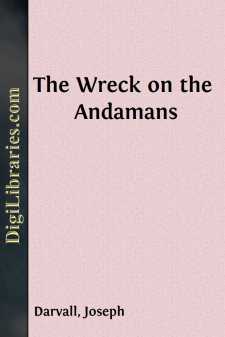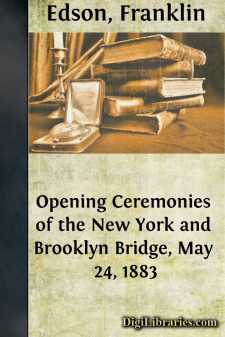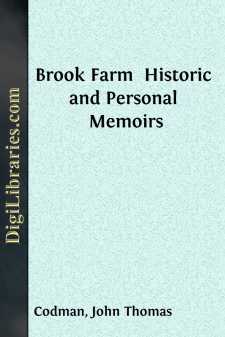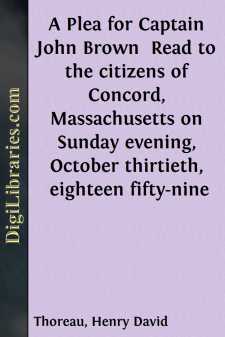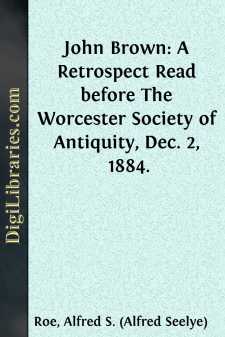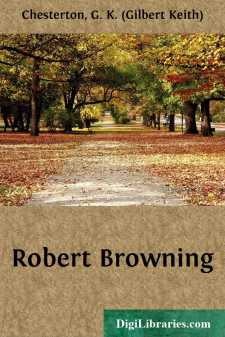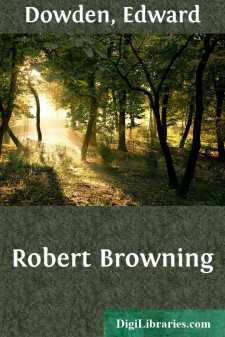Non-Classifiable
- Non-Classifiable 1768
Non-Classifiable Books
Sort by:
FIFTY YEARS. A period covering 50 years is sure to show to the surviving and the younger generations certain milestones, which indicate a trend of human thought, or memorize important occurrences. We may look back upon mighty wars, or religious upheavals or the cruelties committed in both, or another may recall the peaceful thrifty life with its underlying romantic thought. Later generations may...
more...
by:
George Coffey
CHAPTER I This book deals with the Bronze Age principally from the point of view of the implements and weapons in use in Ireland during that period. It is unnecessary to state that the materials for writing anything like a full account of the civilization or political organization during the Bronze Age do not exist; and even the ethnological affinities of the dominant race that inhabited Ireland during...
more...
INTRODUCTION. The money to found a British Museum was raised by a lottery in the middle of the last century. Sir Hans Sloane having offered his books and museum of natural history to Parliament, for less than half its value (20,000£.), it was purchased, together with the famous Harleian and Cottonian MSS., and deposited in Montague House, Bloomsbury, which had been bought of the Earl of Halifax, for...
more...
by:
Joseph Darvall
PREFACE. The Author, owing to circumstances, has had access to authentic documents and facts, relating to one of the most remarkable shipwrecks which have ever happened, that of the troop-ships Runnymede and Briton, on the morning of the 12th of November, 1844, upon one of the Andaman Islands. In reading these, it struck him forcibly, that the circumstances, if thrown into the shape of a narrative,...
more...
by:
Franklin Edson
INTRODUCTORY. The New York and Brooklyn Bridge was formally opened on Thursday, May 24th, 1883, with befitting pomp and ceremonial, in the presence of the largest multitude that ever gathered in the two cities. From the announcement by the Trustees of the date which was to mark the turning-over of the work to the public, it was evident that the popular demonstration would be upon a scale commensurate...
more...
CHAPTER I. THE DEVELOPMENT OF THE BROOK FARM MOVEMENT. Early in the present century, New England was the centre of progressive religious thought in America. A morbid theology had reigned supreme, but its forms were too cold, harsh and forbidding to attract or even retain the liberal-minded, educated and philosophic students of the rising generation, or hold in check the ardent humanitarian spirit, that...
more...
I trust that you will pardon me for being here. I do not wish to force my thoughts upon you, but I feel forced myself. Little as I know of Captain Brown, I would fain do my part to correct the tone and the statements of the newspapers, and of my countrymen generally, respecting his character and actions. It costs us nothing to be just. We can at least express our sympathy with, and admiration of, him...
more...
JOHN BROWN: A RETROSPECT. Nearly two thousand years ago, at the hour of noon, a motley throng of people might have been seen pouring forth from the gates of a far Eastern city and moving towards a hill called Calvary. Amidst soldiers and civilians, both friends and foes, the central figure is that of a man scarcely more than thirty years of age. He has all the attributes, in form and features, of true...
more...
CHAPTER I BROWNING IN EARLY LIFE On the subject of Browning's work innumerable things have been said and remain to be said; of his life, considered as a narrative of facts, there is little or nothing to say. It was a lucid and public and yet quiet life, which culminated in one great dramatic test of character, and then fell back again into this union of quietude and publicity. And yet, in spite of...
more...
by:
Edward Dowden
Chapter I The ancestry of Robert Browning has been traced to an earlier Robert who lived in the service of Sir John Bankes of Corfe Castle, and died in 1746. His eldest son, Thomas, "was granted a lease for three lives of the little inn, in the little hamlet of East Woodyates and parish of Pentridge, nine miles south-west of Salisbury on the road to Exeter." Robert, born in 1749, the son of...
more...


